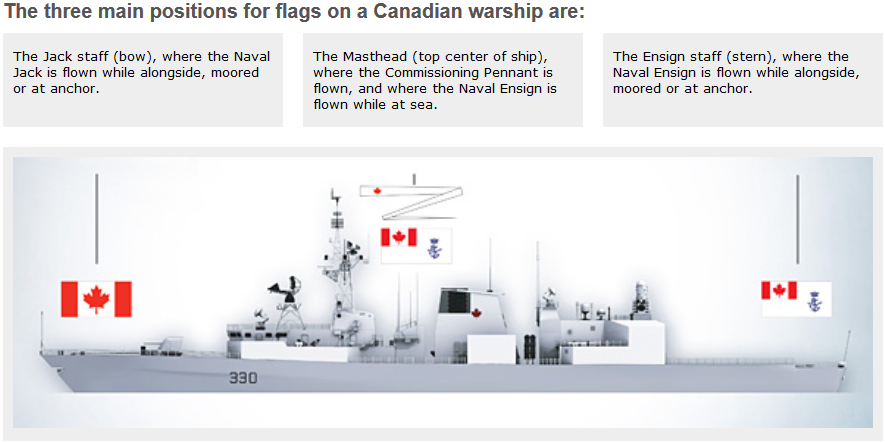Wayne Moore on the recently discovered remnants of a unique Japanese weapon that was used to bomb the North American mainland during World War 2:
Seven decades after thousands of “balloon bombs” were let loose by the Imperial Japanese Army to wreak havoc on their enemies across the Pacific, two forestry workers found one half-buried in the mountains of eastern British Columbia.
A navy bomb disposal team was called and arrived at the site Friday in the Monashee Mountains near Lumby, B.C.
“They confirmed without a doubt that it is a Japanese balloon bomb,” said RCMP Cpl. Henry Proce.
“This thing has been in the dirt for 70 years …. There was still some metal debris in the area (but) nothing left of the balloon itself.”
The forestry workers found the device Wednesday and reported it to RCMP on Thursday.
Proce, a bit of a history buff himself, accompanied the men to the remote area and agreed that the piece appeared to be a military relic.
The area was cordoned off and police contacted the bomb disposal unit at Maritime Forces Pacific.
It was a big bomb, Proce said. A half-metre of metal casing was under the dirt in addition to approximately 15 to 20 centimetres sticking out of the ground.
“It would have been far too dangerous to move it,” Proce said. “They put some C4 on either side of this thing and they blew it to smithereens.”





